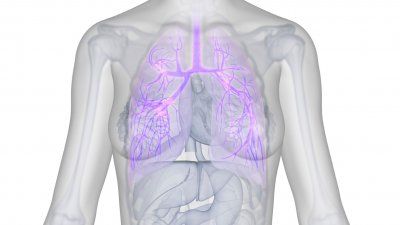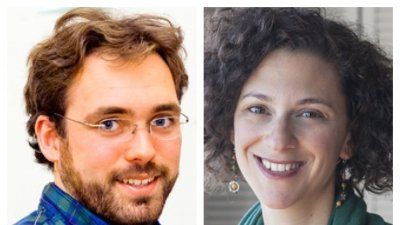UCSF Medical Center Opens $1.5 Billion, “Next Generation” Hospital Complex at Mission Bay Campus on Feb. 1, 2015
After more than 10 years of planning and construction, UCSF Medical Center at Mission Bay will open Feb. 1, 2015 on UCSF’s world-renowned biomedical research campus.




